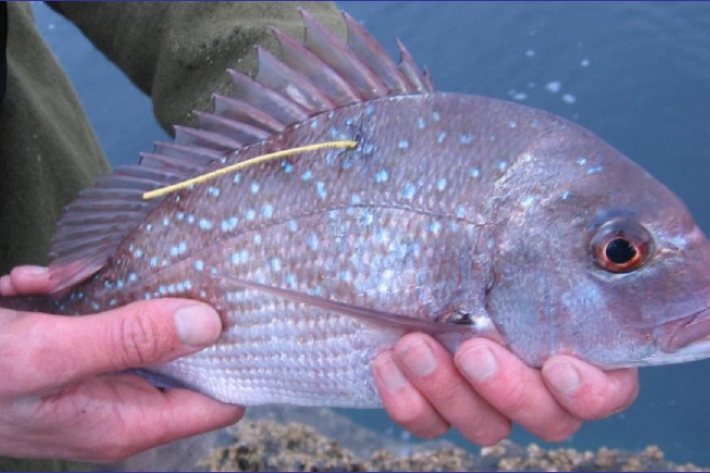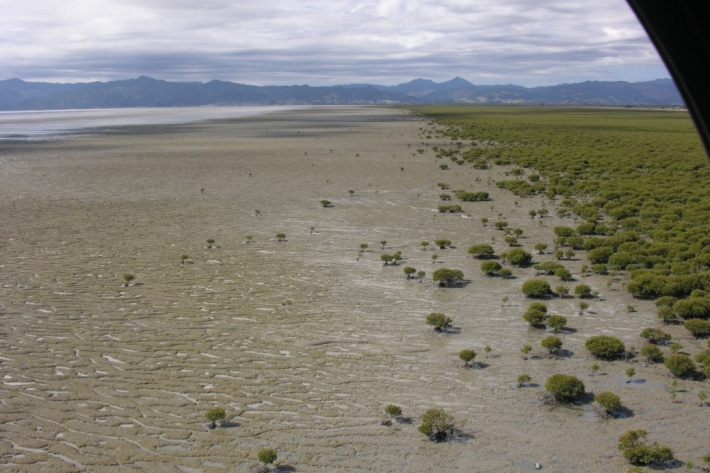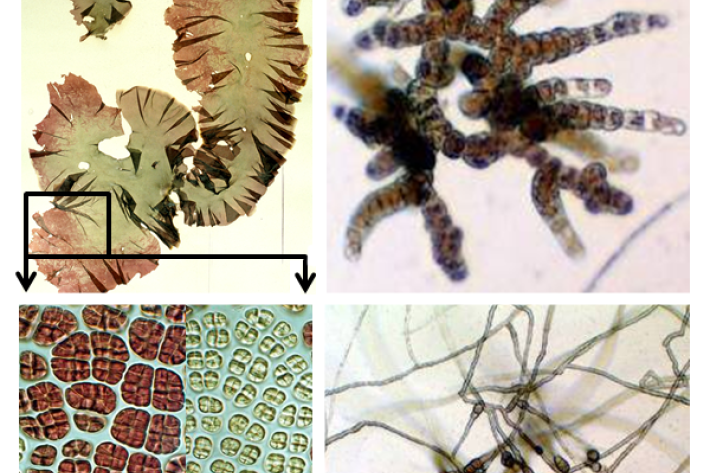-

Modelling channel dynamics in braided rivers
Research ProjectNIWA are contributing to and testing the open source Delft3D model so that it can be used to simulate the response of braided rivers and their ecosystems to the changes in river flow associated with water use schemes, such as dams. -

Marine environmental monitoring in New Zealand
Research ProjectLong-term datasets that track persistent change in the environment are a critical component of any modern ecosystem-based approach to natural resource management and sustainable growth. -

Nitrous oxide
Research ProjectNitrous oxide (N2O), commonly known as laughing gas, is an important greenhouse gas. Naturally produced by bacteria in soils and oceans, agriculture is the main source of human-produced nitrous oxide. -

Ozone
Research ProjectThere is a marked seasonal cycle in surface ozone (O3), with a maximum in winter and minimum in summer. There can also be significant variability from day to day caused by synoptic scale meteorological variations. -

Ecosystem influences on snapper
Research ProjectNIWA has a number of projects that are allowing us to better understand the interaction between snapper and their environment over their life cycle. -

Understanding past changes in the Southern Ocean
Research ProjectThe Southern Ocean has a strong influence on New Zealand and global climate. To understand how the oceans have changed over 1000s of years we use sediment archives from the seafloor. -

Mapping our freshwater biodiversity
Research ProjectThe ability to properly manage our freshwater resources requires a solid understanding of the flora and fauna which live in and interact with them. -

Tidal creeks – connections between freshwater and saltwater
Research ProjectAn experiment in Henderson Creek, Auckland, has demonstrated how tidal creeks variously import, export and deposit sediment, depending on the wind and freshwater runoff, and modulated by the tide. -

Sediments and mangroves
Research ProjectMangrove forests, which are important parts of estuarine ecosystems in a number of ways, are sensitive to changing sea level. -

Staying ahead of water weed invasions
Research ProjectAquatic systems are under threat due to the introduction of invasive exotic species such as water weeds. Modelling work by NIWA has provided new information on which water bodies may be at greatest risk. -

Fish risk assessment
Research ProjectNIWA has developed a rapid, desktop model which assesses the potential impact of introducing new fish species to New Zealand. -

Reclassifying karengo (nori)
Research ProjectThe seaweed known colloquially as nori in Japanese - used for making sushi - or karengo in Maori has been reclassified by an international team of scientists including NIWA's Dr Wendy Nelson.
